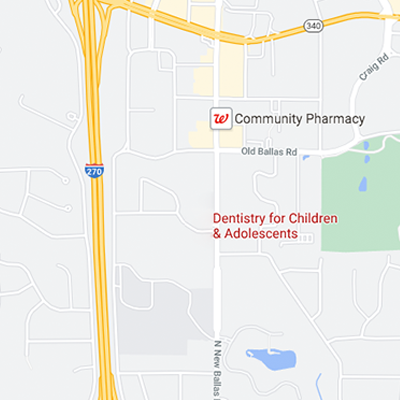Teeth Grinding Can Damage Your Teeth
November 12th, 2025

Grinding of the teeth, also known as bruxism, is a serious condition from which nearly ten percent of Americans suffer. It’s a mechanical reflex that often happens during slumber. Unfortunately, most people don’t recall grinding their teeth when they awaken.
This makes it difficult to catch the condition before serious damage occurs. Some people notice soreness in their jaw, shoulder and neck pain, or even headaches. Others aren’t so lucky and don’t feel any pain until a professional notices they have developed cracked teeth, receding gums, and jaw problems.
Dr. Varble, Dr. Dill, and Dr. Wong and our team hope to prevent teeth grinding before serious health concerns arise. Let’s go over the reasons for grinding as well as preventive tips to help you feel better fast.
Why do you grind your teeth?
The most common reasons for teeth grinding include:
- Stress
- Anxiety
- Aggression
- Poor muscle control
- Acid reflux
- Sleep apnea
- Complications from certain disorders
It’s worthwhile to understand the reason you’re grinding your teeth, but it’s even more vital to treat the issue quickly. You can take measures to alleviate the pain you may be experiencing, such as applying a warm wash cloth to your jaw, taking muscle relaxants, massaging the jaw muscles, visiting a chiropractor, or doing physical therapy.
Prevention
To protect your oral health and jaw bones, try these preventive measures:
- Reduce the amount of stress in your life
- Drink plenty of water every day
- Avoid chewing gum or chewy foods
- Get plenty of sleep each night
- Reduce or stop alcohol and caffeine consumption
- Get a custom mouthguard from Dentistry for Children
Dr. Varble, Dr. Dill, and Dr. Wong and our team want to make sure you’re properly treating your teeth grinding issues. Feel free to call our Creve Coeur or St. Charles office if you think you may be suffering from this condition, or have questions regarding a treatment plan.
Teeth grinding can lead to far more serious health issues, and should be ended before it becomes a major concern.





